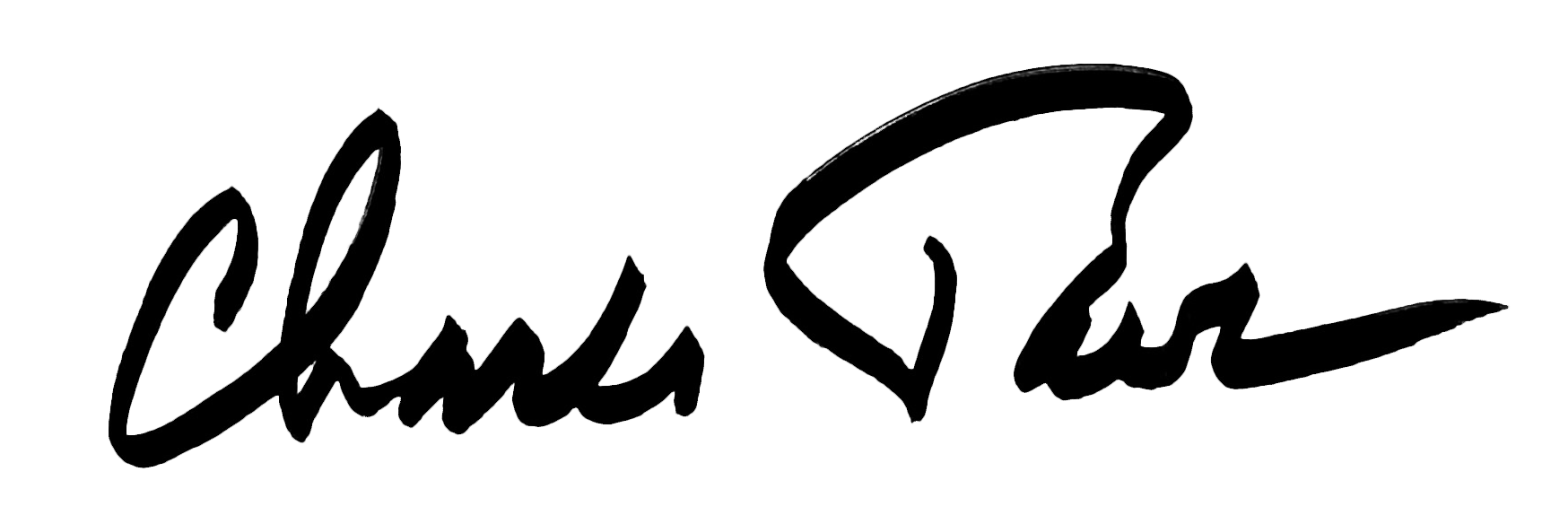You Do You
If there’s one thing writers should avoid, it’s people who are absolutely sure they know what needs to be done to create—or even finish—a successful novel. They are no more certain than you are, though they try to convince themselves (and everyone else) that they are. The truth is that there is no one way to write a book. The majority of us do at least one thing different from most other authors, and that should be celebrated. I’ve seen writers become flustered when presented with a “rule” they don’t follow. The truth is there are no rules. The only rule is to do what works for you.
Some examples of those “you will never write a book if you” rules that are out there can become ubiquitous. That’s because so many writers see it as a requirement. One such rule is the “don’t do any editing until you finish the first draft” edict. As of today, I have written eleven novels while stopping every chapter or two to go back and look at what I’ve done. I also have what I call “process beta readers.” These are people whose opinions regarding what I’ve written I trust. They provide feedback one or two chapters at a time, and I will go back and edit what I’ve written if I feel their suggestion or criticism is warranted and making a change results in a better book. I will add that I do very little editing on these blog entries, so there’s that, I suppose.
I understand why this rule is often mentioned as if it is sacrosanct and should be followed without question or hesitation. Most people who set out to write a book get ¼, ½, or even further along in the writing but never manage to finish the book. This is often because they get bogged down in the editing or rewriting process and tire of the work. (Ask any writer who cares about quality, and they will tell you that writing, while fun, isn’t easy.) For many writers, then, having a “nonstop” attitude helps tremendously. However, there is no reason that those of us who choose to stop and edit should feel as though we are breaking some kind of writing law, which is how some writers can make us feel when we don’t listen to their well-meaning advice.
Something else I’ve seen at conferences is the debate between what are called “pantsers” and “plotters.” If you don’t know what that is, a pantser is a writer who comes up with an idea and starts writing the text of the book without planning each chapter ahead of time, often in minute detail. Plotters are the ones who plan every chapter before writing the first word of the book itself. I know a plotter who thinks pantsers are crazy to write like that. His “how do you do that?” is filled with the sound of incredulity. Still, I am a pantser, and some very famous authors are pantsers as well. There are just as many who are plotters. Both are correct to write the way they do.
The truth is, there is no hard and fast rule regarding any method for writing. To be honest, if there were, writing would be much easier. All you would need to do to write a book would be to follow the steps. The fact is you should do what works for you. Nowhere does the saying, “You do you” fit better. That is true of every habit you develop when writing, regardless of the so-called rule.
So, if you are a writer and you’ve agonized that you aren’t “doing it right,” worry not. If it works for you, then you are indeed “doing it right.”
